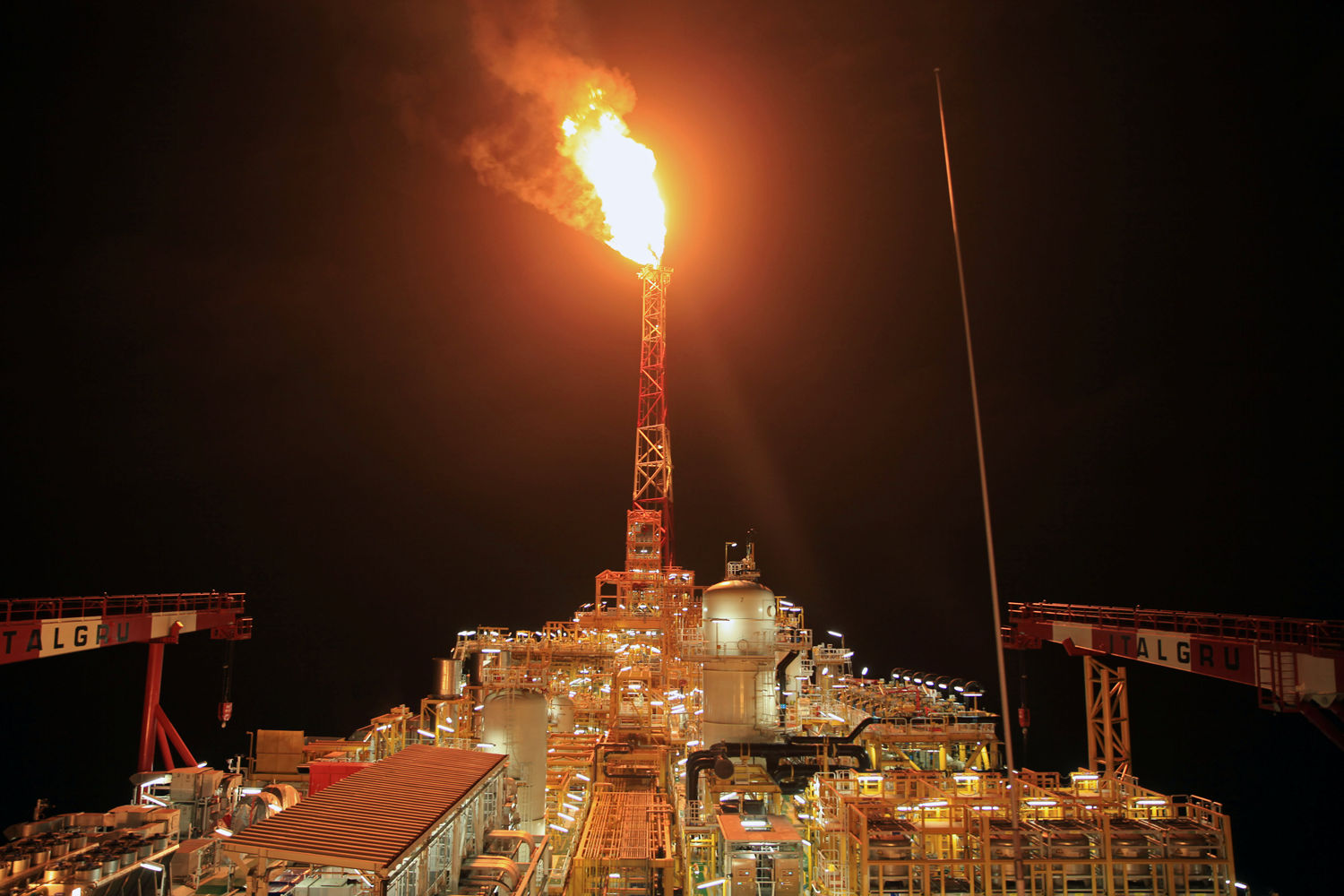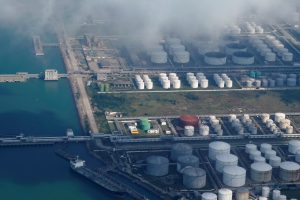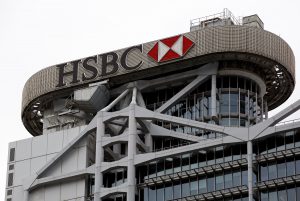(ATF) Global economic recovery hopes and production cuts have helped oil prices rise to their highest level in more than a year.
For emerging market (EM) sovereign energy producers and exporters, this should help in two distinct ways: first, by lowering fiscal funding needs; and, second, by improving their current account position.
In our view, improved fiscal and export revenues in major EM producers and exporters from sustained higher oil prices should be expected.
In terms of financing needs, it is likely that Saudi Arabia, Qatar, and Russia will see the biggest improvements in the investment-grade space, while Angola and Ecuador could benefit the most among sovereigns rated below investment grade.
In contrast, it is possible that Nigeria will deteriorate as its funding needs rise in 2021 due to increased maturities and ongoing structural weaknesses in collecting revenues.
On the external side, a reversal of last year’s trend is expected.
We think higher oil prices should help to improve the current account balances of oil exporters after the significant deterioration last year when prices plunged, with the beneficiaries of this trend to include Israel, Russia, Colombia and Mexico.
IMPLICATIONS FOR INFLATION
The recovery in oil prices should contribute to pushing headline inflation moderately higher in EMs over the next few months. Core inflation, which excludes food and energy sectors, is expected to lag, however, as it will take time for output gaps to close and activity to normalise.
We believe higher headline inflation could spark a debate in markets about whether central banks in EMs need to take action and raise interest rates. While there is potential for some action, unless there are second-round inflation effects, EM central banks are unlikely to react substantively in the near term.
Broadly, it should be anticipated that many EM central banks will stay on hold this year, although a handful could begin raising cycles.
Brazil stands out on this front and looks set to raise interest rates in response to inflation pressures. From a currency perspective, this could be supportive for the Brazilian real, which remains undervalued in our view.
We think that the Czech Republic is another potential candidate for raising rates in 2021 with core inflation consistently printing above the central bank’s target. In central and eastern Europe, the Czech koruna could be a bright spot as a long position on anticipation of faster monetary policy normalisation.
GLOBAL INFLATION STORY
Inflation is also expected to rise in developed market countries due to base effects from oil and the likelihood of consumption rebounding.
This, together with expectations for a recovery in economic growth later this year, should bias core bond yields higher and curves steeper-moves that we have already seen in markets so far in recent months.
The Federal Reserve has been unapologetically dovish, vowing to keep interest rates low for a prolonged period and look past potentially higher inflation.
Against this backdrop, we believe yield differentials should remain supportive for EM currencies even if developed markets interest rates have had a tendency to rise recently.
Attractive valuations further bolster the investment case for EM currencies in our view.
The US dollar’s downcycle may have temporarily paused, but we believe it is likely the long-term drivers for weakness will remain and that should help EM currencies to appreciate.
#Andrew Keirle is Portfolio Manager of the Emerging Markets Local Currency Bond Strategy in the Fixed Income Division at T. Rowe Price
























